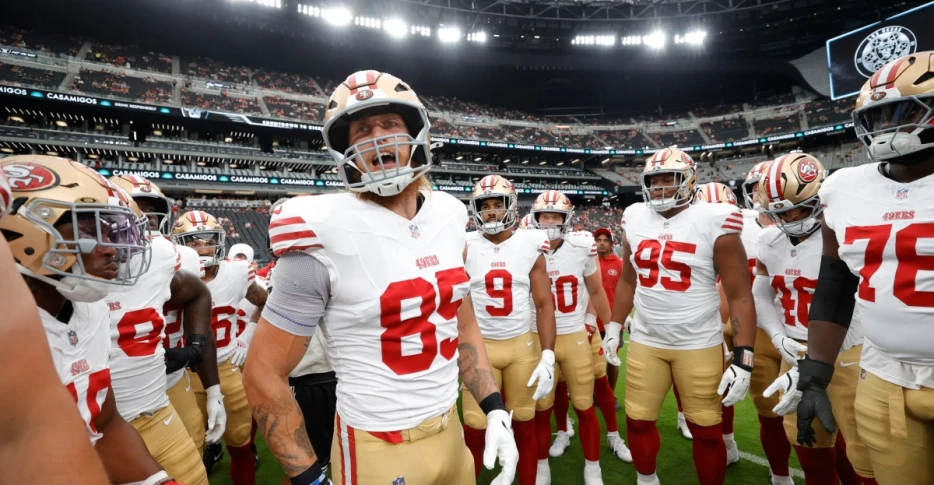
 Dawgs By Nature
Dawgs By Nature
The NFL has a full slate of situations and products that are banned. Some are disqualified because of corporate partners with hefty sponsorships. You can’t make a deal with Oakley, then everybody on the sidelines is seen wearing Ray-Bans. The league is always looking to make a buck from its game. The official hot dog of the NFL? Where’s the contract? Official yoga provider? Use this pen. Official cola brand? That should bring in a bundle.
Always wanting to appease their financial partners, the NFL employs numerous layers to protect the shield.
Drugs, supplements, and vitamins all play a role in the health of the athletes they employ. However, each category differs considerably in how it is regulated and its usage.
The league is strict with each grouping. Each NFL club has nutritionists and team doctors in order to regulate the wide array of products that players wish to ingest in order to help their bodies get to where they want them to be.
A lot of athletes use smelling salts during games. Many players depend upon this product during each game in the eventuality that they get blasted to the head area, yet do not have any concussion symptoms or are placed in protocol. Just a minor ding can be enough to offer some sort of disorientation.
Smelling salts are safe and legal. This product is generally harmless when used as directed to help someone regain consciousness after fainting or receive a momentous blow to the head. The ammonia in the product is able to get the player out of his temporary funk and allows him to become alert and able to regain focus.
The league decided to take a deep dive into the usage of smelling salts this year. Did they need to ban the products? Regulate their usage? Nothing at all? What are the legal ramifications?
Last year, the FDA issued a warning about the negative effects of ammonia inhalants, including smelling salts, because they decided that there was potential to mask certain neurologic signs and symptoms. And the salts also could mask certain potential signs of concussion. This meant players might teeter on the edge of being sent to concussion protocol, but don’t quite fit the standards and are, for the moment, allowed to resume play.
If the player had hit the salts first, the ingredients could possibly have fooled the process. And many times, the athlete doesn’t feel any concussion symptoms and, of course, wants to go back into the game regardless of what sideline doctors are pointing to.
The “rub some dirt on it” proverb has always been a good rule of thumb for the game of football. Players want to play. An oft-injured player soon becomes an unemployed player.
Last week, the NFL finally made a decision. They sent out a memo that stated that it has prohibited the use of ammonia and smelling salts before and during all NFL games. Keep in mind, smelling salts are found on the shelf at any...